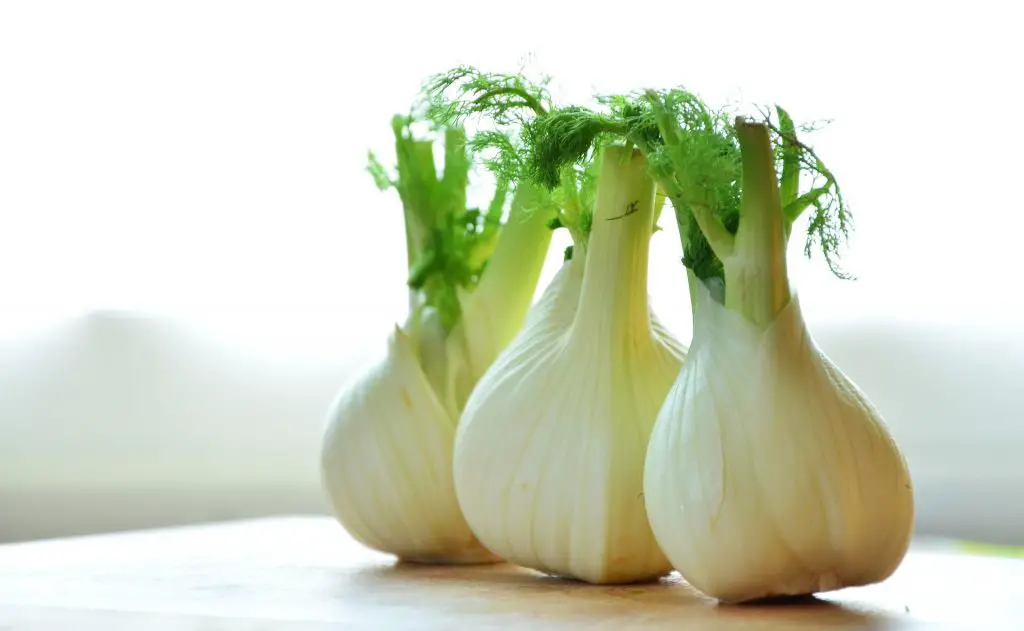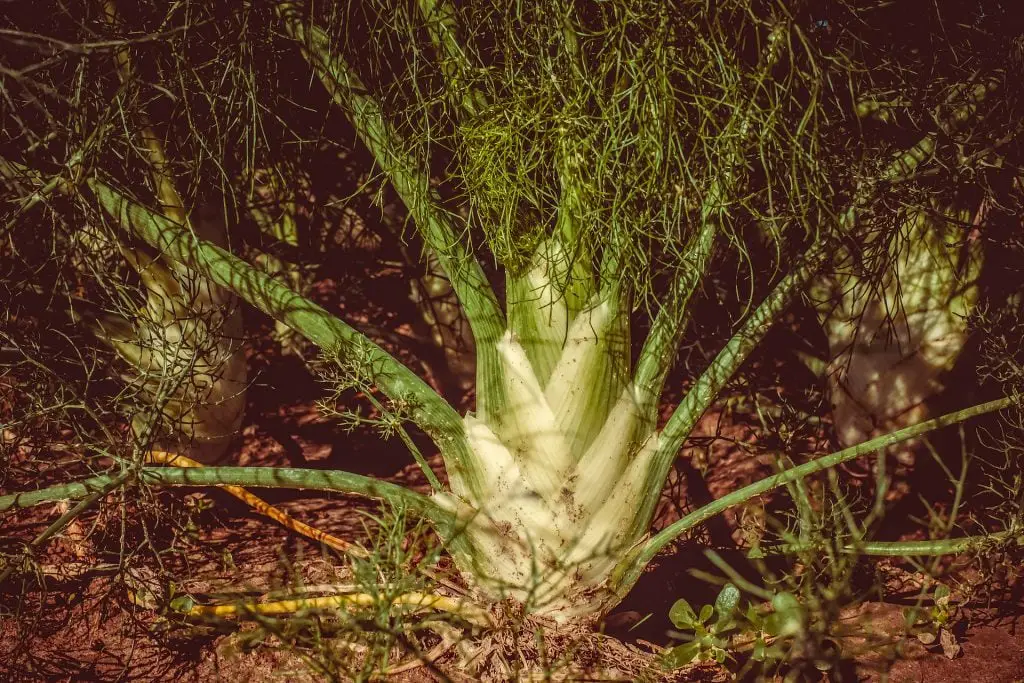Can You Plant Fennel Seeds From The Grocery Store? In the spice section of your local grocery store, you will find that Fennel available as whole seeds. The cost of purchasing seeds generally significantly higher than purchasing them from a garden centre so Can I Plant These Seeds In The Garden?
The answer to this is theoretically yes, it is possible to plant Fennel Seeds from the grocery store. However, the age of the seed is unknown which can affect the germination rate significantly particularly when you have Fennel seeds lying around in your spice rack that were purchased some time ago.
According to the article published by Clear Creek Seeds Fennel Seeds will remain viable for around 3 to 4 Years. However, the shelf life of the seeds can be significantly affected by the conditions under which seeds are stored. Ideally, seeds are best stored in a dark, dry, and cool environment, below 10°C (50°F).
Given that there is no “best sown before” date on seeds from the grocery store, it is impossible to have any idea how old the seeds are, so the viability is always questionable. In addition to this, it is most likely that seeds have been exposed to temperatures well above 10°C (50°F) on a consistent basis due to them being stored in the spice rack of the kitchen.
To ensure that the seeds are actually suitable for planting it is best to conduct a seed viability test rather than putting them in soil and hoping for the best.
How To Conduct A Seed Viability Test
A seed viability test is easy to do and those seeds that do successfully germinate can be grown on into plants so nothing goes to waste. To conduct a seed viability test you require paper towels, water, and a sealable plastic bag or container, something like a resealable sandwich bag or Tupperware container is absolutely fine. The steps that are required to complete the test are listed below.
- Moisten a sheet of paper towel with water. The paper towel should be damp, but not dripping wet.
- Put the seeds onto the towel and fold the paper towel over the top of the seeds ensuring that they are completely covered.
- Place the damp paper towel into the plastic bag or container and seal it. This will ensure that the towel and seeds remain moist.
- Place the seeds in a warm location. Temperatures around 20°C (70°F) are ideal.
- Wait around 7 Days. At that stage signs of germination, in the form of sprouts, should be apparent. If there are no signs of germination leave it a few more days and check again. Generally, if there is no sign of sprouts after 10 Days, it is normally safe to assume that the seeds are not viable.
- If seeds have germinated they can be planted into soil and allow to continue to grow.
How To Grow Fennel
Fennel can be a relatively tricky plant to grow from seed with some gardeners having difficultly with it. The main difficultly is actually getting the seed to germinate. Like other plants in this family such as carrots and parsley, the seeds are generally slow to germinate and need to remain moist throughout the germination period. As such it best to pre-germinate the seeds using moist paper towels in the same way as described above.

This process is best done in Early Spring or Late Summer/Early Autumn in most regions as the hot weather reduces the quantity of available moisture for the plant and also reduces the quality of the bulb. Fennel tolerates some heat and cold but does best when it reaches maturity in cool weather.
Once germinated the seeds can be transplanted into a modular seed tray, with one seed per cell being planted at a depth of 1/4 of an inch (1 cm). The seedlings will take approximately 4 to 6 weeks to become large enough to be able to be planted out into the garden. When planting the Fennel out into the garden it should be spaced approximately 1 ft (30 cm) apart in a sunny location.
The soil Fennel prefers is moist, well-drained, and contains plenty of organic matter. To get succulent bulbs it is important to ensure that the plant gets plenty of moisture throughout the growing season by regularly watering and also ensuring that the plant is well mulched. Typically you can expect to produce a bulb in around 100 days from the date of planting the seeds. However, the growing period can be longer depending on the time of year.
Fennel is capable of surviving light frosts and will survive the entire over winter outdoors (assuming you didn’t harvest the bulb) in zones 6-10. However, it will quickly bolt in the following spring producing seed if not picked early.

How And When To Harvest Fennel
While most people grow Fennel to harvest the bulbs, the leaves and seeds can also be harvested. The leaves can be harvested throughout the growing season and even into the winter.
To create a regular supply of fresh fennel leaves and stalks it is recommended that several different plants are grown simultaneously allowing them to become established. Once established cut all the stems of one or two plants to ground level and harvest the new shoots as they reappear on those plants.
When the shoots reappear on the first plants that have been cut down cut down another one or two plants. Repeat this process to create a succession of fresh shoots to harvest throughout the season.
When harvesting Fennel bulbs should be harvested when they are approximately the size of a small fist. Once the bulbs reach this size do not delay harvesting the bulbs because if they begin to develop flowers the bulb quickly deteriorates losing their shape and flavor.
